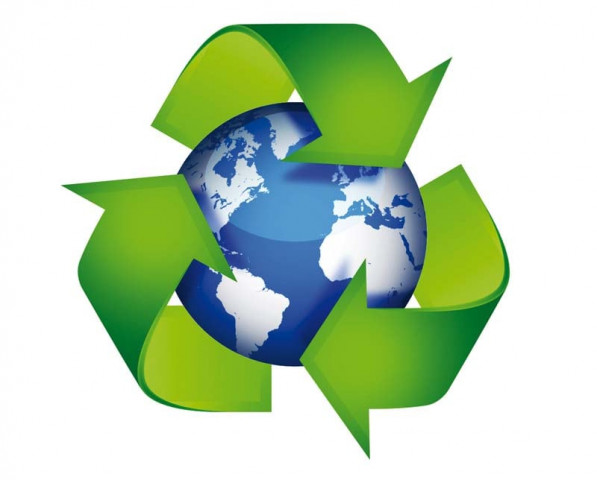8 simple ways to reduce waste in your home
Below are some quick and easy hacks that can help reduce waste production in your home

8 simple ways to reduce waste in your home
1. Get to know the rules of recycling
While it’s better to implement reusable packaging in your home wherever possible, recycling is the next best option and it will prevent excess waste from heading for the landfill. Don’t get intimidated by its complicated symbols and sorting rules. Navigating the recycling system is actually quite simple once you do a little research.
2. Ditch plastic bags
One of the simplest ways to decrease the amount of waste you produce is to use reusable bags while shopping. Instead of relying on your supermarket’s plastic ones, bring your own cloth bags to pack up your items and tote them home. Keeping a bunch of extra bags in the trunk of your car or right by the door is an easy way to make sure you don’t forget them at home.
3. Make a meal plan
In addition to material waste, food waste is a huge problem in many households. But it’s entirely preventable if the consumer follows one simple rule: only buy groceries that you know you will eat. It sounds like a no-brainer, but you’d be surprised at how much food is regularly thrown into the garbage all over the world.
4. Start relying on reusable containers
Once you start buying only what you need, take it to the next level by storing food properly, which will extend its life and keep it fresh for as long as possible. Invest in some quality airtight containers for things like baking ingredients, cereals and other items that can stale quickly. If you usually buy loose food items from or shop in bulk, reusable containers are especially important for your pantry.
5. Start composting
Every day, a large amount of what you throw into the trash could be composted and returned to the earth. If you have a bin and some extra space, you can easily start a compost that could feed back into your garden. Your excess food won’t go to waste, your garden will be full of nutrients and you can feel better about your impact on the planet too.
6. Learn to repair, rather than discard
When was the last time you repaired something broken instead of throwing it away to purchase a new one? Can’t remember? You’re probably not the only one. But buying a few high-quality items and repairing them when necessary is so much better for the planet than buying loads of cheap, disposable stuff. The next time a strap pops off of a tank top or a lamp stops working, spend a few minutes to see if it’s fixable before chucking it into the garbage can.
7. Cancel unnecessary mail
If your mailbox is overloaded with catalogs and junk post every day, take a few minutes to cancel subscriptions and stop unsolicited mail. It can be as simple as going online or picking up the phone to be removed from a mailing list. It’s a bit of an inconvenience, yes, but your coffee table will be less cluttered and the amount of paper waste you produce will be cut significantly.
8. Stop using disposables
Even if washing the dishes is the bane of your existence, the waste created by paper plates and plastic utensils is just not worth it. Stop resorting to paper and plastic and get those hands dirty! Water bottles and paper coffee cups are huge wastes of material. Buy a durable water bottle and a cute coffee thermos instead, so that you can take your beverages wherever you please. You’ll find yourself feeling a lot more hydrated and a lot less wasteful.
Published in The Express Tribune, July 29th, 2016.
Like Life & Style on Facebook, follow @ETLifeandStyle on Twitter for the latest in fashion, gossip and entertainment.



















COMMENTS
Comments are moderated and generally will be posted if they are on-topic and not abusive.
For more information, please see our Comments FAQ